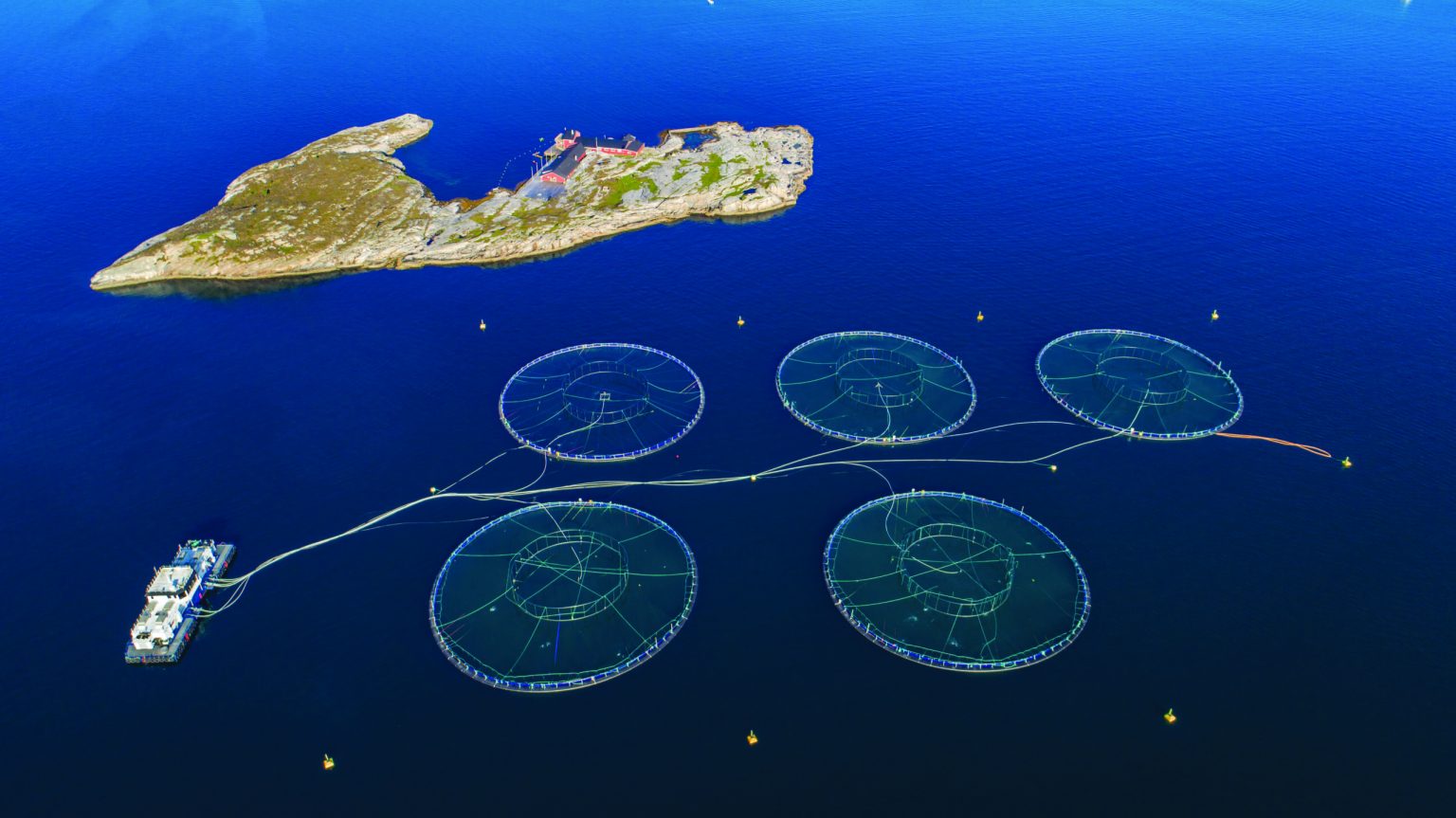The High Seas by Olive Heffernan explores the concept of the ocean as a rich, fertile, and seemingly lawless frontier, where humans are eager to plunder its many riches. The book delves into the history and definition of the high seas, which are ocean waters located beyond 200 nautical miles from any country’s coastline. The modern ocean grab traces back to a legal document called the Mare Liberum, which asserts that the ocean is a global commons owned by no one.
Heffernan further discusses the Blue Acceleration, an expansion of people staking claims to international waters through activities such as fishing, seafloor mining, and exploring for new medicines in deep-sea organisms. These pursuits highlight the various priorities and challenges in balancing ocean health and biodiversity. The author also provides insights into how nations like Norway are transitioning their economies from oil to aquaculture by increasing salmon production using resources from the ocean’s twilight zone.
The book presents conflicting desires to exploit and protect the ocean, with nations advocating for conservation in one area while supporting exploration or exploitation in another. Heffernan points out the lack of uniform regulations governing ocean activities, leading to a chaotic mix of organizations with different rulebooks and a disregard for scientific advice. Efforts are underway globally to establish consistent regulations, such as the United Nations’ High Seas Treaty, which aims to create marine protected areas in international waters to conserve biodiversity.
The High Seas offers a sobering depiction of the challenges facing the oceans and the complexities of the Blue Acceleration in a crucial time of decision-making. Despite efforts to establish protective measures, the book leaves readers with a sense of uncertainty about the future of the high seas. It raises questions about whether the pursuit of wealth through ocean exploitation can be balanced with sustainability and conservation. Ultimately, the book underscores the urgency of finding a more sustainable approach to ocean governance, as humanity stands at a critical crossroads in shaping the future of the high seas.


